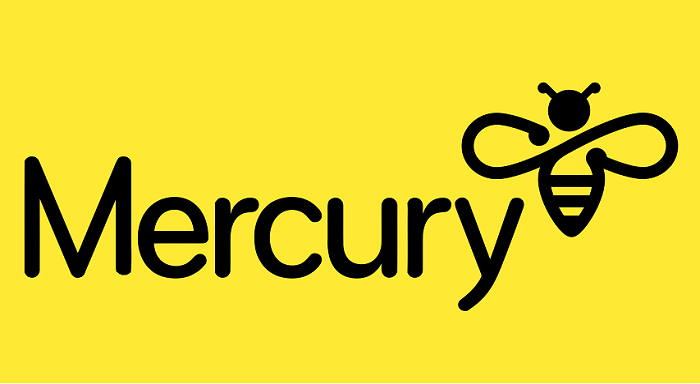In our latest webinar, we spoke to Mercury and its technology partner Datacom to find out how they collaborated to deploy their Virtual Assistant based on Nuance’s technology. Kevin Angland, General Manager of Retail and Digital at Mercury, and Hussain Al-Badry, General Manager at Datacom, revealed exactly what they believe has made the development and launch of “Hiko” such a great success.
The most successful virtual assistant deployments are a result of smart planning and strong customer engagement expertise. When a team can empathize with their customers, truly understand their challenges and design a virtual assistant project around them, it can generate big results. And our latest webinar provided a prime example.
We spoke to Mercury, a major electricity retailer and 100% renewable energy generation company in New Zealand, about its deployment of Nuance Virtual Assistant as part of the Nuance Digital Engagement Platform.
Mercury worked with its technology partner, Datacom, to create Hiko—an electricity-themed virtual assistant that helps visitors to Mercury’s website. Hiko immediately became a key member of Mercury’s customer service team, handling more than 4,000 conversations in its first month, with a 90% intent recognition rate.
Even more impressively, the company has seen customer satisfaction and NPS scores rise across all engagement channels since Hiko’s launch. But how has Hiko made such a massive impact?
The secrets of a successful deployment
During the webinar, Kevin Angland, General Manager of Retail and Digital at Mercury, and Hussain Al-Badry, General Manager at Datacom, explained what they got so right with Hiko’s development and launch.
1. Customer service led the way
Mercury wanted to create a customer engagement platform that offered genuine value to both its customers and staff. To achieve this goal, the company put its customer service team in charge of the entire project. After all, they were the people who knew best how its customers wanted to engage with their electricity provider.
Mercury’s team then collaborated closely with Datacom, to create a strong methodology that both companies could work by. Taking an agile approach to development, Mercury and Datacom iterated based on customer insights and on Hiko’s performance after launch.
“Our agile approach has been fundamental to the project’s success,” said Kevin. “It helped us keep the project focused on customer value at all times, and gave us the freedom to test and iterate after deployment.”
2. Hiko was built out step-by-step
Integrating a virtual assistant with a complex IT environment takes careful planning. You need to figure out which service areas it’s going to handle, how it will work with your existing technology and how it will serve customers alongside your human agents. Fortunately, Datacom has years of experience helping organizations like Mercury deploy Nuance technology and could bring extensive AI expertise to the project.
Setting realistic expectations was also important. Mercury knew the virtual assistant wouldn’t be able to solve entire customer use cases straight away. Instead, it worked with Datacom to design a practical roadmap with attainable goals, based on weekly iterations.
“A virtual assistant’s first day is always going to be its worst. That’s why we knew we’d need to start small and build its capabilities up over time,” said Hussain. “As the virtual assistant’s capabilities grow, its role in Mercury will quickly evolve to new service areas.”
3. A laser-focus on customer experience
Mercury’s customer service team had a clear idea of where Hiko would provide the greatest value and how they should measure its success.
“We knew a virtual assistant wouldn’t be able to completely take over our customer service,” said Kevin. “Instead, we wanted it to work alongside our other channels and provide support to our agents.”
Hiko handles common customer queries—such as questions about account balances and the company’s core retail services—and automatically transfers more complex cases to its human agents. As a result, human agents spend less time on repetitive, everyday questions and more time helping with the most sensitive customer challenges.
When it came to measuring Hiko’s impact, Mercury and Datacom decided to focus on what mattered most—customer experience.
“We weren’t looking to cut costs by deflecting calls, we wanted create better conversations in our other channels and a more seamless experience for the customer,” explained Kevin. “And it proved successful—customer satisfaction scores have risen across every channel, and our NPS score has risen too.”
Today, even as Hiko continues to solve customers’ challenges, Mercury and Datacom are identifying new jobs for the virtual assistant; the next few months should see Hiko stepping up to help out with authentication, and even agent coaching.






